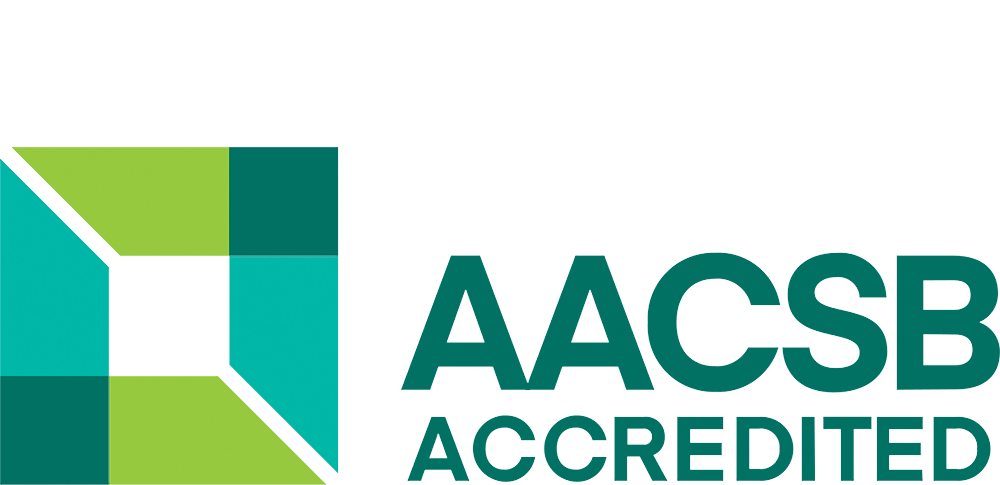
14 Feb 2022
What are psychosocial risks (PSR)?
Psychosocial risks are occupational risks that should not be taken lightly. They can affect any employee and are increasing in the current context.
Read the article


19 May 2020

Etudiants & apprenants
Orientation
The choice of studies after a high school diploma is constantly growing, and it is sometimes difficult to find one's way around. When you're interested in a course of study, you have to ask yourself the right questions: is it a recognised diploma? Is it certified by the state? Fortunately, there are RNCP credentials, which help ensure the quality and value of a programme. We explain what they are and why they are important when choosing a programme.
The RNCP is the national repository for professional certification. Created in 2002, it lists all the training courses certified by the state, i.e. professional titles and diplomas, as well as certificates of professional qualification.
All training courses are classified by activity and level of study. Thus, article L.6113-1 of the French Labor Code, introduced by the law of September 5, 2018 on the freedom to choose one's professional future, specifies that “professional certifications are classified by level of qualification and field of activity (...) and are made up of blocks of skills (...) contributing to the autonomous exercise of a professional activity and which can be evaluated and validated". In the RNCP register, there are descriptive sheets for each RNCP title, listing the methods of access, the skills acquired at the end of the training, and the professions that can be exercised at the end of the course.
An RNCP title is issued by the Ministry of Labor: it is therefore recognised by the State throughout France.
Be careful, a diploma recognised by the state is not necessarily a certified title! It is important to understand the difference between the two. Indeed, if a state diploma (i.e. controlled by the Ministry of National Education) attests to a level of knowledge and a course of study, the title listed in the national directory certifies your qualification and your professional aptitudes for a given function, such as a title of psychologist for example or an engineering title. We can talk about academic recognition and professional recognition. To put it simply, a diploma and ECTS credits are proof that the student has an academically recognised level, while a professional title demonstrates acquired skills that are recognised among professionals in a sector of activity: training is particularly adapted to the job market.
Finally, it is important to note that a recognised RNCP title can be accessible through the VAE (Validation by Acquired Experience). This means that you can obtain a professional qualification title or certificate of qualification by having the skills you have acquired through your work experience recognised, without going through training.
The certified titles include training at all levels of certification, accessible to all students. The training courses are classified thanks to the national framework of professional certifications, in levels (from level VI to level I), which correspond to bac+ levels. This French nomenclature differs from the European nomenclature, however, titles from levels I to III give right to ECTS credits).
Some “training”, which do not lead to a diploma, cannot be the subject of recognition, for example language refresher courses or follow-up by a professional coach.
Indicators are associated with each level of training, which are based on the complexity of the knowledge associated with the exercise of the professional activity, the level of know-how and the degree of responsibility within the work organisation.
State-recognised training, having been registered in the repertoire, is proof that the training provided allows the acquisition of real knowledge necessary for the exercise of a profession or an activity in a given professional field. Thus, a graduate from RNCP training will have the professional skills and competences expected in his field of specialization.
The RNCP titles thus make it possible to quickly make the selection among the training courses. One can thus quickly get an idea of the quality and recognition of a course of study thanks to its registration in the register. It is therefore a criterion of choice for students when looking for training. Indeed, a graduate of a non-certified programme will be able to recognise more difficulties in his professional integration, and the same is true when he wants to continue his studies in prestigious schools, the latter preferring candidates with a certified diploma.
For the Grandes Ecoles, it is also essential to obtain these professional certifications: it is the recognition by the State that their training is of quality and adapted to the expectations of professionals in the field. In addition, the training courses thus recognised are an important guarantee for partner schools and universities, which are thus more willing to enter into partnerships.
Any institution, private or public, of initial or continuing education can submit a file to request the registration of its training courses in the RNCP.
It is the organisation France Competences which is in charge of making the registrations. This body, placed under the authority of the Ministry in charge of vocational training, is the competent institution for all matters relating to financing, control, certification, coordination and vocational training. In addition, certified titles are subject to validation by another body, the National Commission for Professional Certification. Thus, a diploma recognised by the RNCP must meet many criteria.
Once the title is registered in the national register, it is published in the Official Journal.
However, obtaining the RNCP title is not valid for life! Indeed, certificates are awarded for 5 years renewable. Thus, the programme registered in the RNCP can be regularly audited by the State in order to verify if it is still in line with the requirements of the targeted professions or field of activity.
More and more applications for registration are filed every year, because certified training is a true guarantee of quality.
It is therefore important to check whether the training you are planning to do is indeed a recognised professional title, because many schools or universities prepare national diplomas that do not have certifications and are, therefore, not recognised by the State or the professional world!
You can consult the register and take note of the certified diplomas on this site:

14 Feb 2022
Psychosocial risks are occupational risks that should not be taken lightly. They can affect any employee and are increasing in the current context.
Read the article

14 Nov 2022
Do you love working with numbers? Have you heard of budget forecasting and accounting analysis? If so, then the profession of management controller may be for you.
Read the article

26 Jun 2024
Wealth management advisers help their clients' savings to grow, based on their profile and by making financial investments that are attractive to them. They also advise on tax optimisation and capitalisation.
Read the article
Application
Contact